We Know You To The Core
Although all doctors are trained to recognize digestive symptoms, gastroenterologists are uniquely qualified to treat disorders of the digestive tract and related organs. From southeastern Pennsylvania to Fayette County, our GI providers here at USDH are unsurpassed in their knowledge, experience, and record of successfully treating digestive illness.
What is Gastroenterology?
Gastroenterology is the study, diagnosis, and treatment of the diseases of the gastrointestinal (GI) tract. The GI tract includes the esophagus, stomach, small and large intestine, and its related organs: the liver, gallbladder, and pancreas.
Our gastroenterology specialists have expertise in performing colonoscopies, the most effective tool to diagnose and prevent colorectal cancer. Screening for colon cancer should begin at age 45, or earlier if you have a family history of colon cancer.
US Digestive Health providers also perform endoscopic evaluations of the upper GI tract (EGD), bile ducts (ERCP), and pancreas (Endoscopic Ultrasound).
Fast Track Your Colonoscopy
As of 2022, colonoscopy is recommended for all adults 45 and older in order to screen for colorectal cancer. Talk to your doctor to find out if you should consider getting a colonoscopy today.
Conditions
Learn about all the GI conditions we treat here at US Digestive Health and use it to inform your discussion with your doctor, or to help explain the situation to friends and family.
Procedures
We provide a wide selection of GI procedures, from anoscopies, to hemorrhoidal banding, to capsule endoscopies, and more. See the full range of procedures offered through our offices, here.
Diet & Exercise
Find out all the basics of maintaining good digestive health. Add a few nutrient-rich recipes to your cookbook, get tips on improving digestion, and see why cardiovascular exercise is so important to our overall health.
Helpful Resources
Looking to do a little more research? We’ve compiled an extensive list of academically accurate resources to help ensure you get the most up-to-date information available.
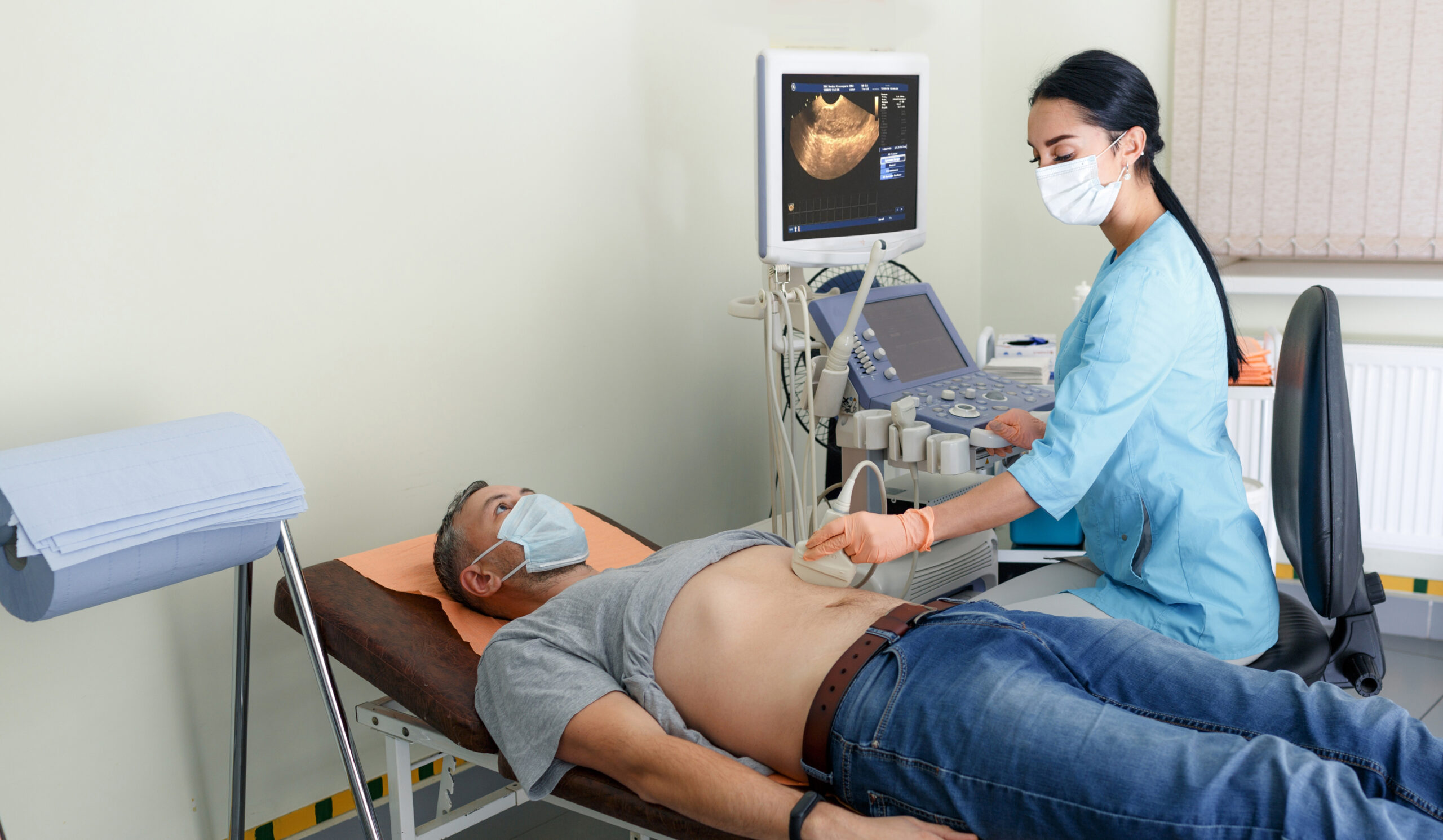
Abdominal Ultrasound
Abdominal ultrasound is a type of imaging test. It is used to look at organs in the abdomen, including the liver, gallbladder, spleen, pancreas, and kidneys. >

Esophageal
Difficulty swallowing, heartburn, and acid reflux – disorders of the esophagus can be uncomfortable and concerning. But most are also treatable. >
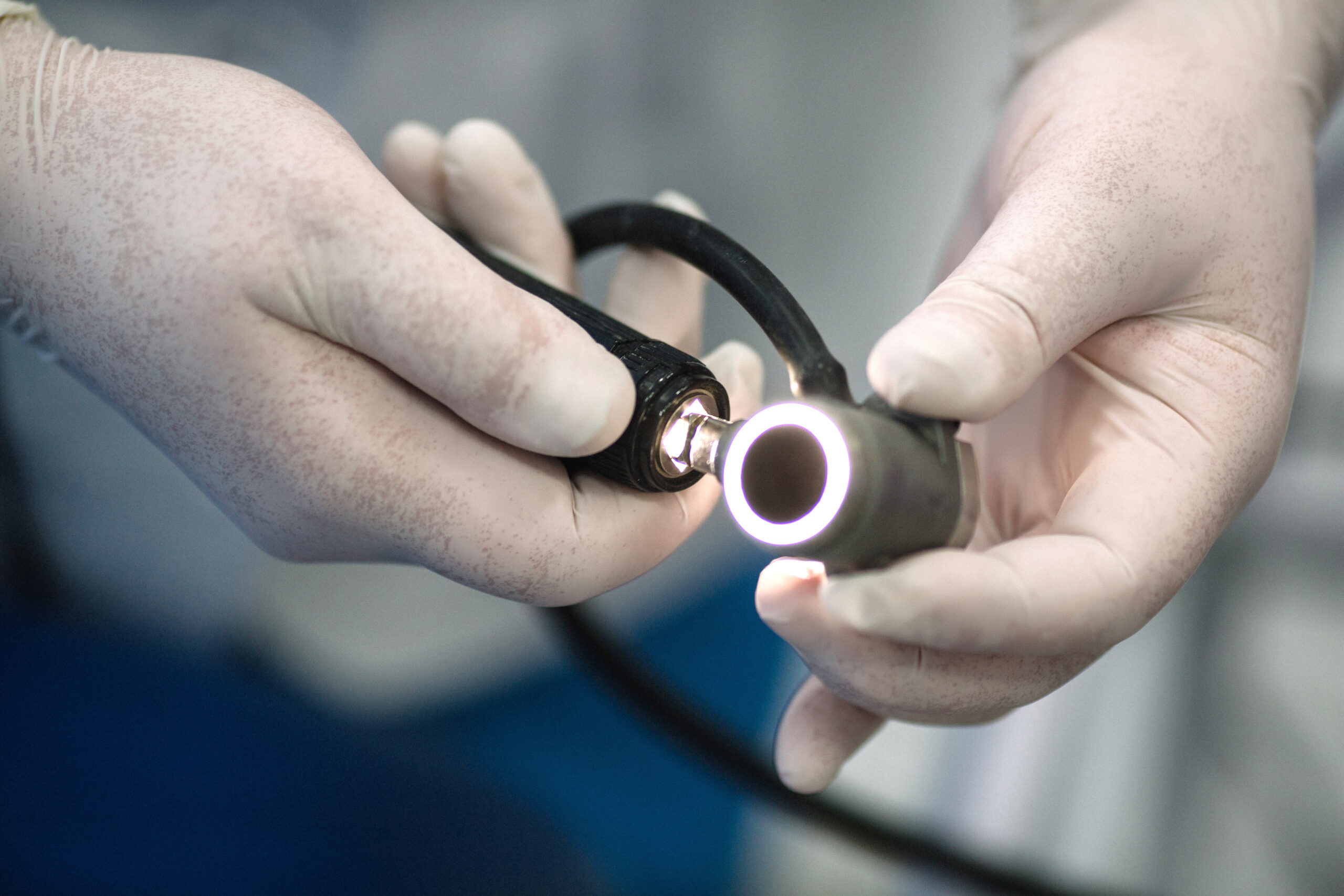
Anoscopy
This test is performed by using a small, tubular instrument called an anoscope. The anoscope is lubricated and gently inserted into the anus to evaluate problems of the anal canal and lower rectum. >
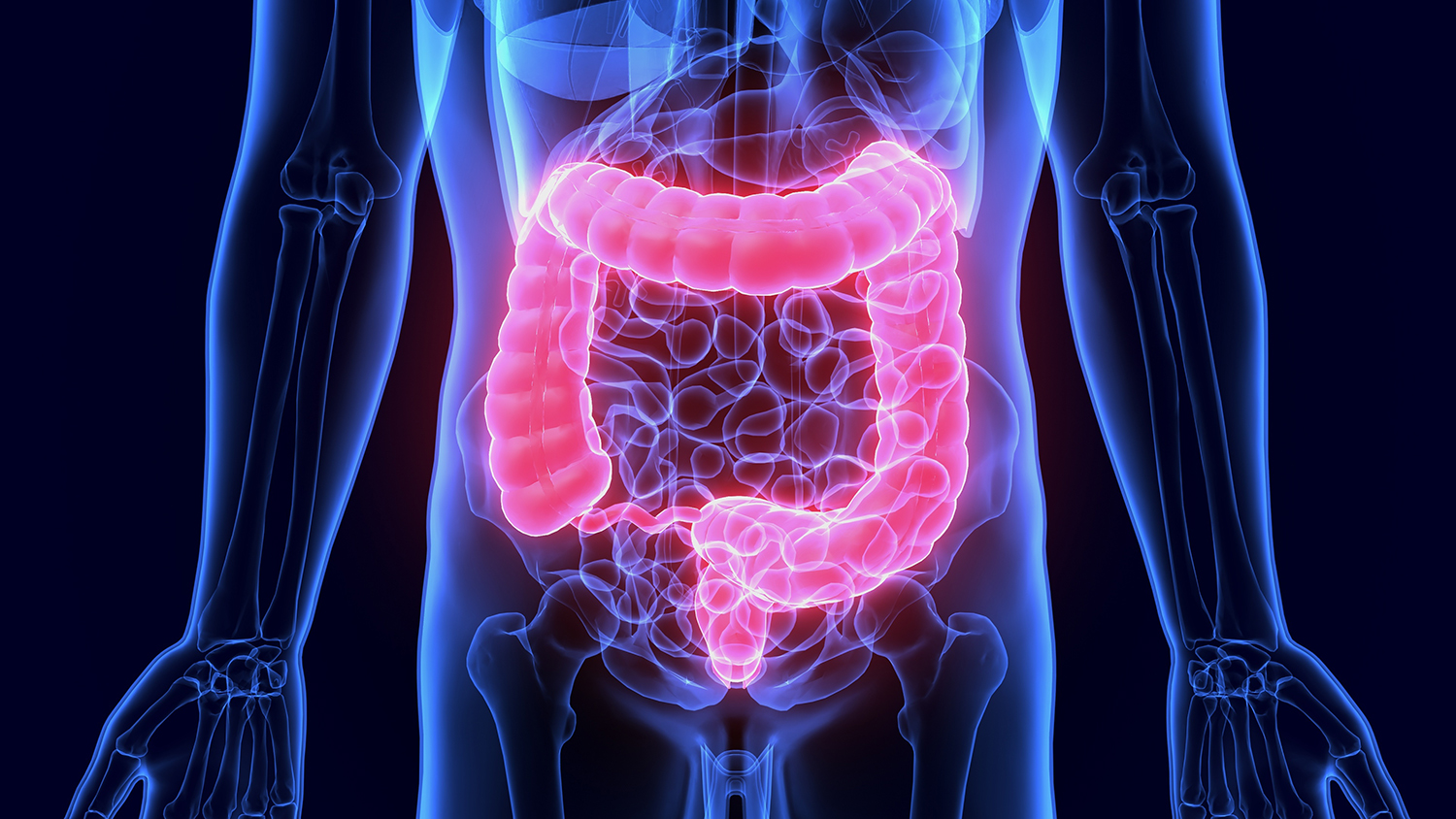
Large Intestine
Conditions of the colon or large intestine can be serious or benign and their treatment can be simple or complex, but symptoms such as abdominal pain or rectal bleeding should always be reported to your primary care doctor or RGI provider. >

Capsule Andoscopy
Capsule Endoscopy is a procedure used to diagnose diseases of the small intestine. This part of the digestive tract is quite long and cannot be easily examined using standard upper endoscopy or colonoscopy. >
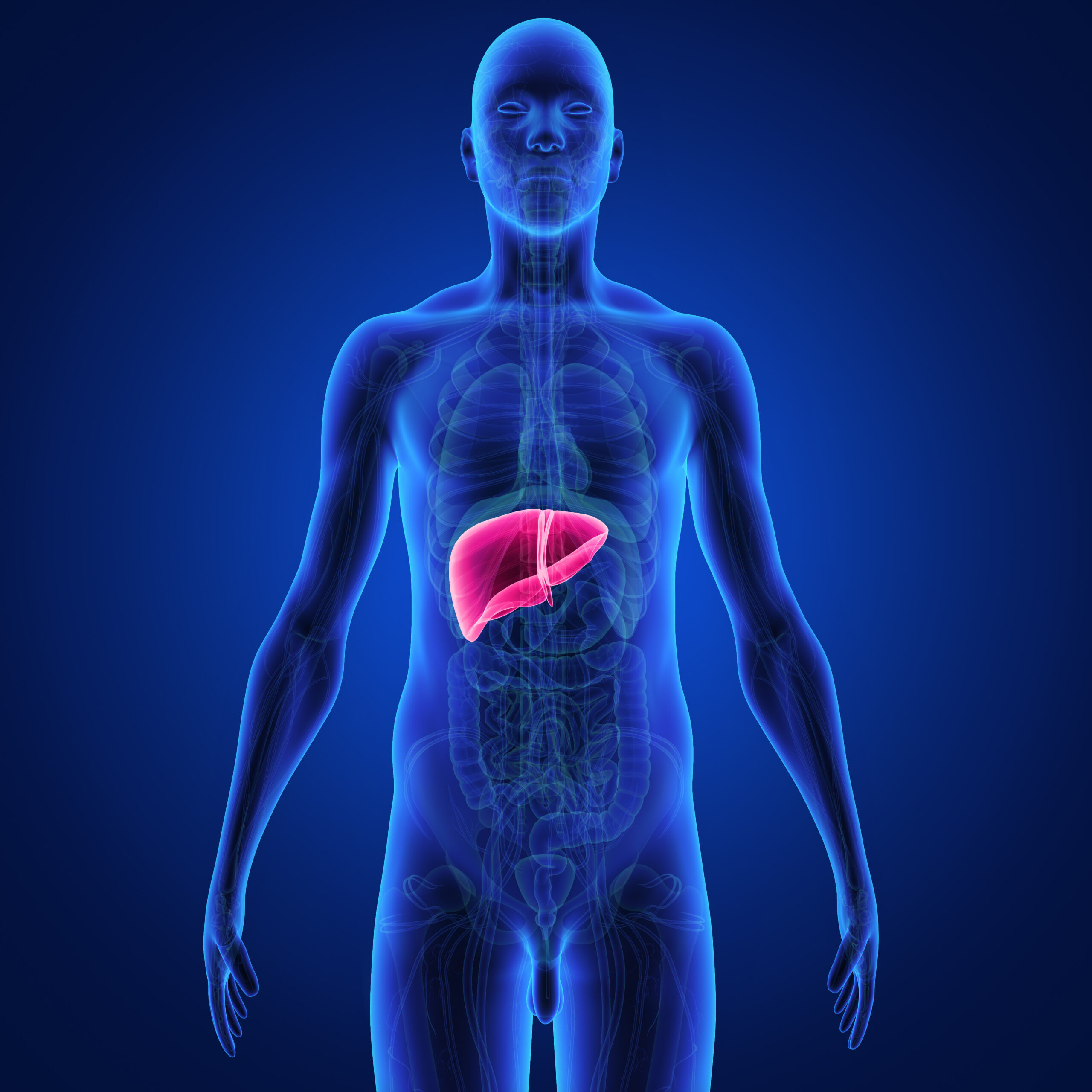
Liver
As the body’s largest and one of its busiest organs, the liver plays an essential role in protecting your body from toxins. Symptoms of a liver disorder include jaundice, bruising easily and changes in skin or eye coloring. All should be reported to your primary care doctor or your RGI provider immediately. >
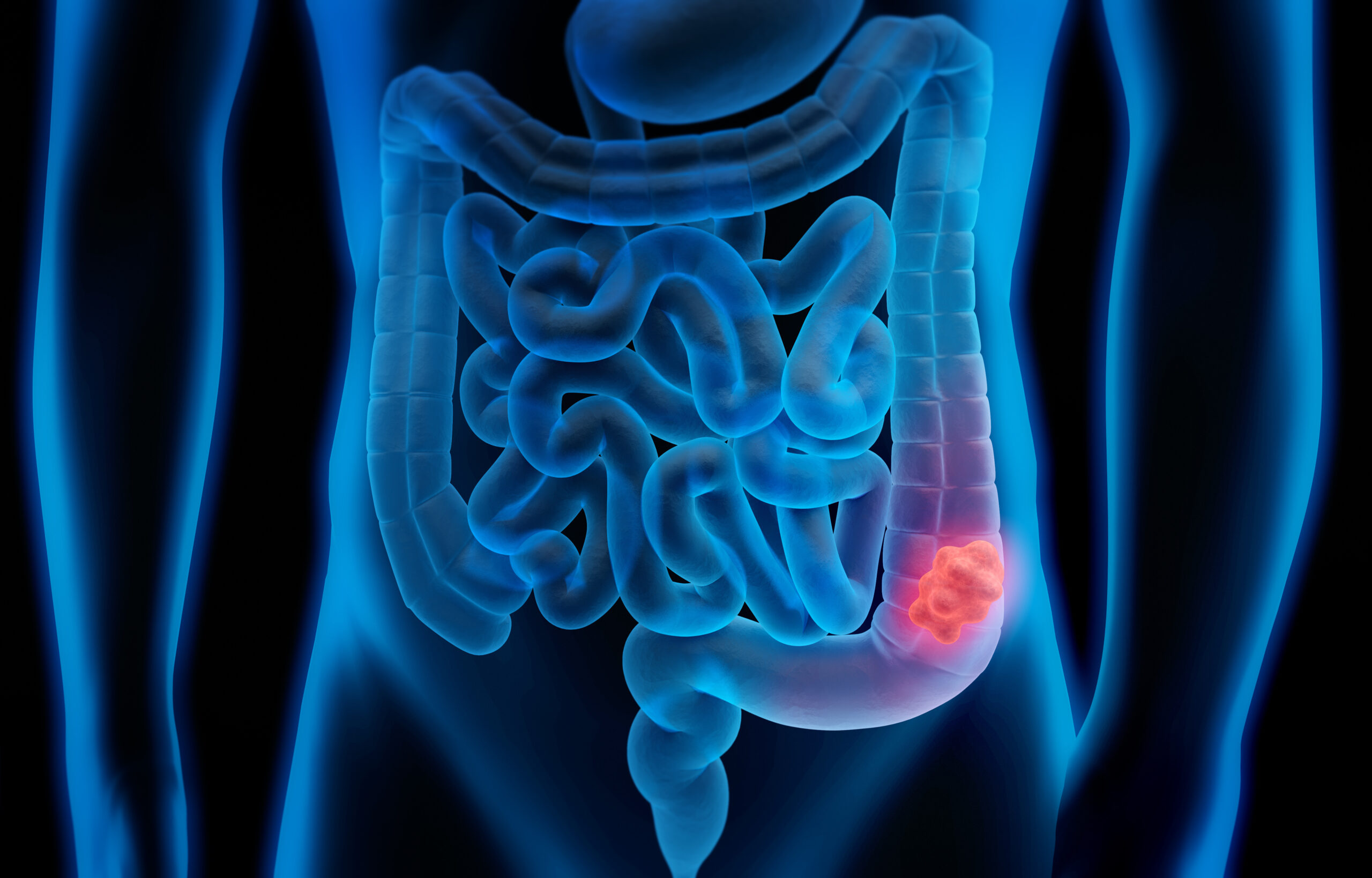
Colonoscopy
Today, colonoscopy is recommended for all adults 45 and over to screen for colorectal cancer. >
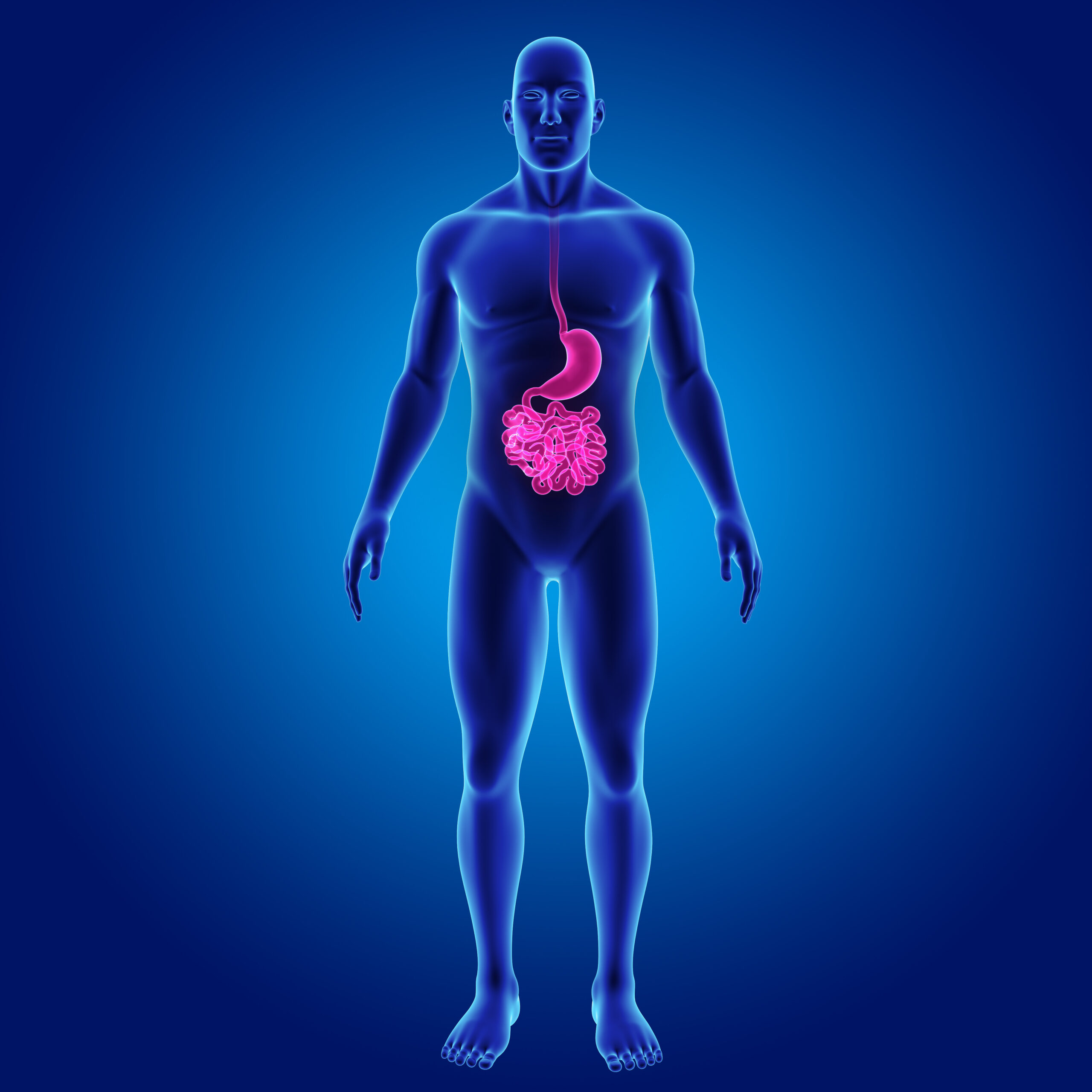
Small Intestine
As the passage in which food is broken down for digestion, the small intestine plays a big part in our digestive health. Although there are many potential disorders of the small intestine, the most common symptoms may be indications of Crohn’s Disease, Colitis or other forms of Inflammatory Bowel Disease. >

